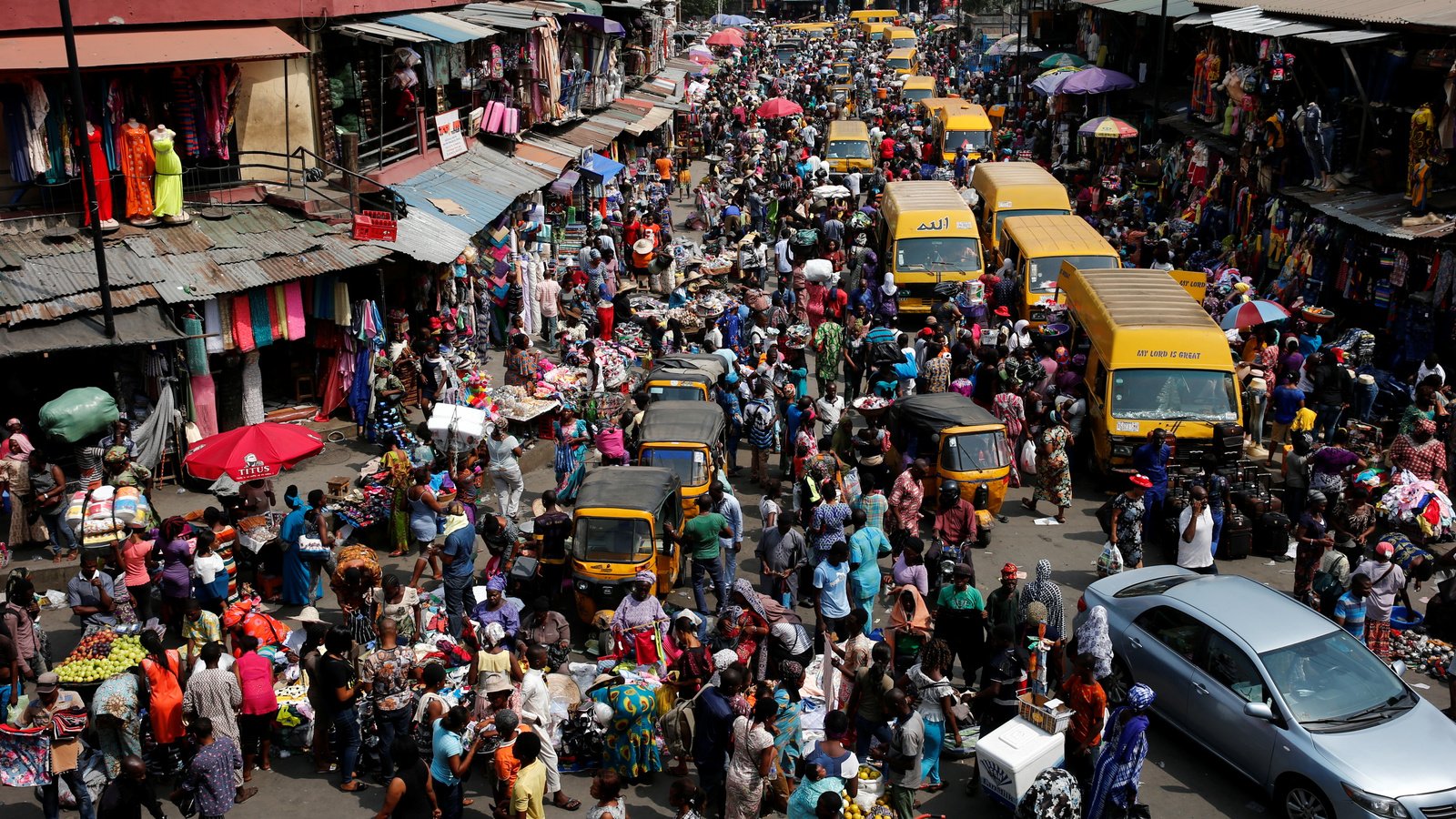The Manufacturers Association of Nigeria (MAN), has stated that the country’s Gross Domestic Product (GDP) declined in the third quarter of the year (2022).
Compared to the corresponding period of last year (2021), the decline is due to a number of factors, including fiscal indiscipline, heightened insecurity, slow COVID-19 recovery, oil theft, and the war-induced energy crisis.
In a statement cited by BizWatch Nigeria, MAN revealed that while the aforementioned factors have since been driving the economic headwinds, recent environmental and climatic challenges are significantly leaving a negative mark.
Quoting the National Bureau of Statistics (NBS), which recently reported that the year-on-year real GDP growth of the Nigerian economy stood at 2.25% in the third quarter of 2022, the manufacturers stated: “At a real GDP value of N18.96 trillion, the latest performance signifies a shortfall of 1.78 percent from 4.03% real GDP growth recorded in the third quarter of the previous year. It also indicates a 1.29 percent decline from the value of economic activities recorded in the second quarter of 2022.”
According to MAN, the declining growth is an indication of lower production and lower employment.
“Therefore, the continuous downturn of the economy has further validated the urgent need to release an updated unemployment rate that corresponds with the current economic situation. The last published figure was in December 2020 at 33.33. Analysts had projected that the country’s rate of unemployment is well above the 40 per cent mark,” the group added.
For Nigeria to overcome her economic challenges, MAN, however, clamoured for increased electricity generation, as it encouraged the government to build super grids that are regionalised to avoid continuous national system collapse and ensure a more robust transmission infrastructure.
MAN also stressed the need to further reduce the reliance of the country on imported products and raw materials by encouraging local sourcing through a comprehensive and integrated incentivised system since Nigeria is largely bearing the brunt of imported inflation.














